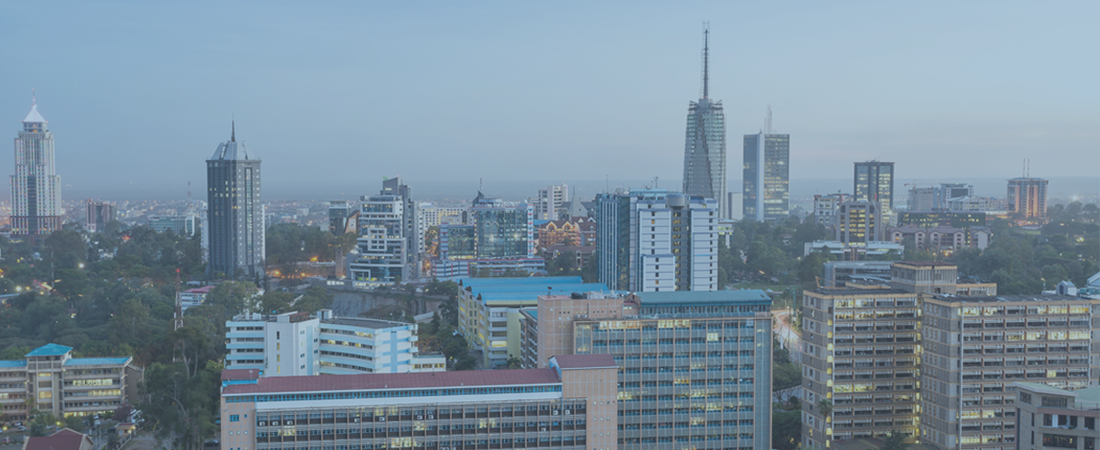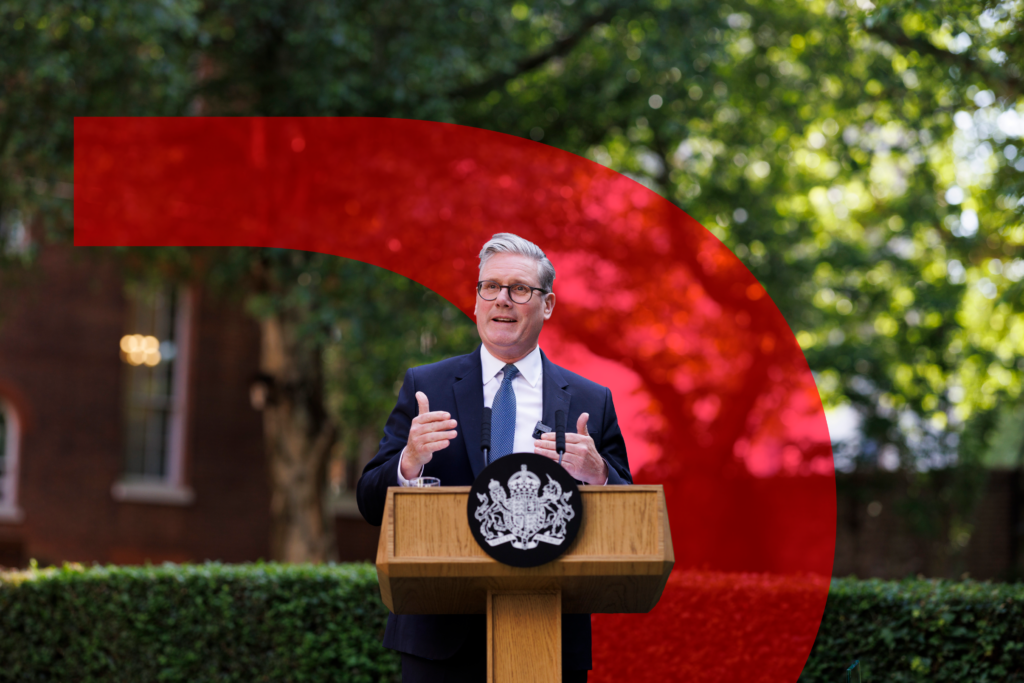How prevalent is fake news in Kenya? And what impact is it having on Kenyans’ trust in news sources? These are two of the questions that Portland set out to answer with this study – the first-ever attempt to quantify fake news in Africa.
Portland collaborated with GeoPoll, the mobile polling specialists, to survey 2,000 Kenyans nationwide on their experience of fake news around coverage of the 2017 general election.
We looked at a broad range of issues including consumers’ preferred news sources, their experience of fake news, as well as trust levels across different sources of information and news.
The findings are both surprising and revealing and provide much food for thought for communicators, campaigners and brands looking to cut through and communicate to Kenyans in the digital age.
There are varying definitions of fake news but for the purposes of this research we defined fake news as deliberate spreading of false information.
A broader definition of fake news could be false or misleading information published as authentic news, generally understood to be deliberate, however possibly accidental.
Of course, this is an issue of fundamental importance to democracy, because it can skew and influence election results. As such, fake news is a bigger problem than previously thought, with potentially far-reaching consequences.






